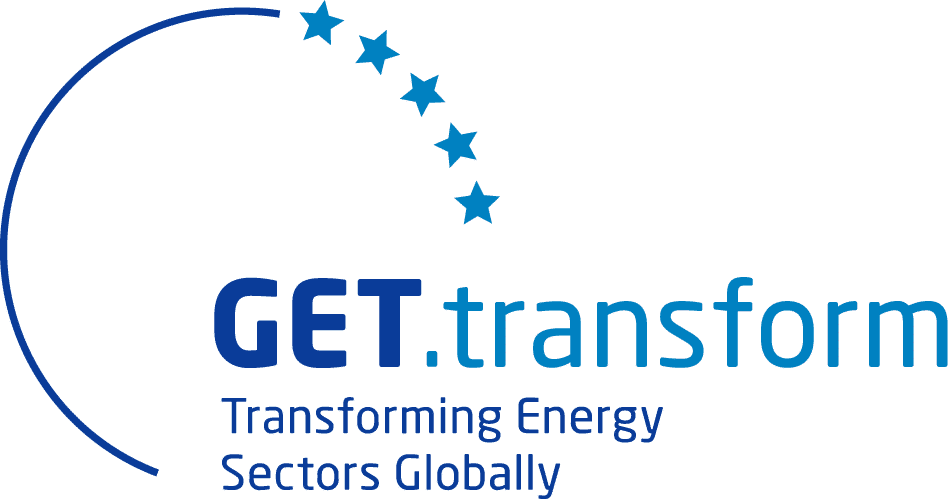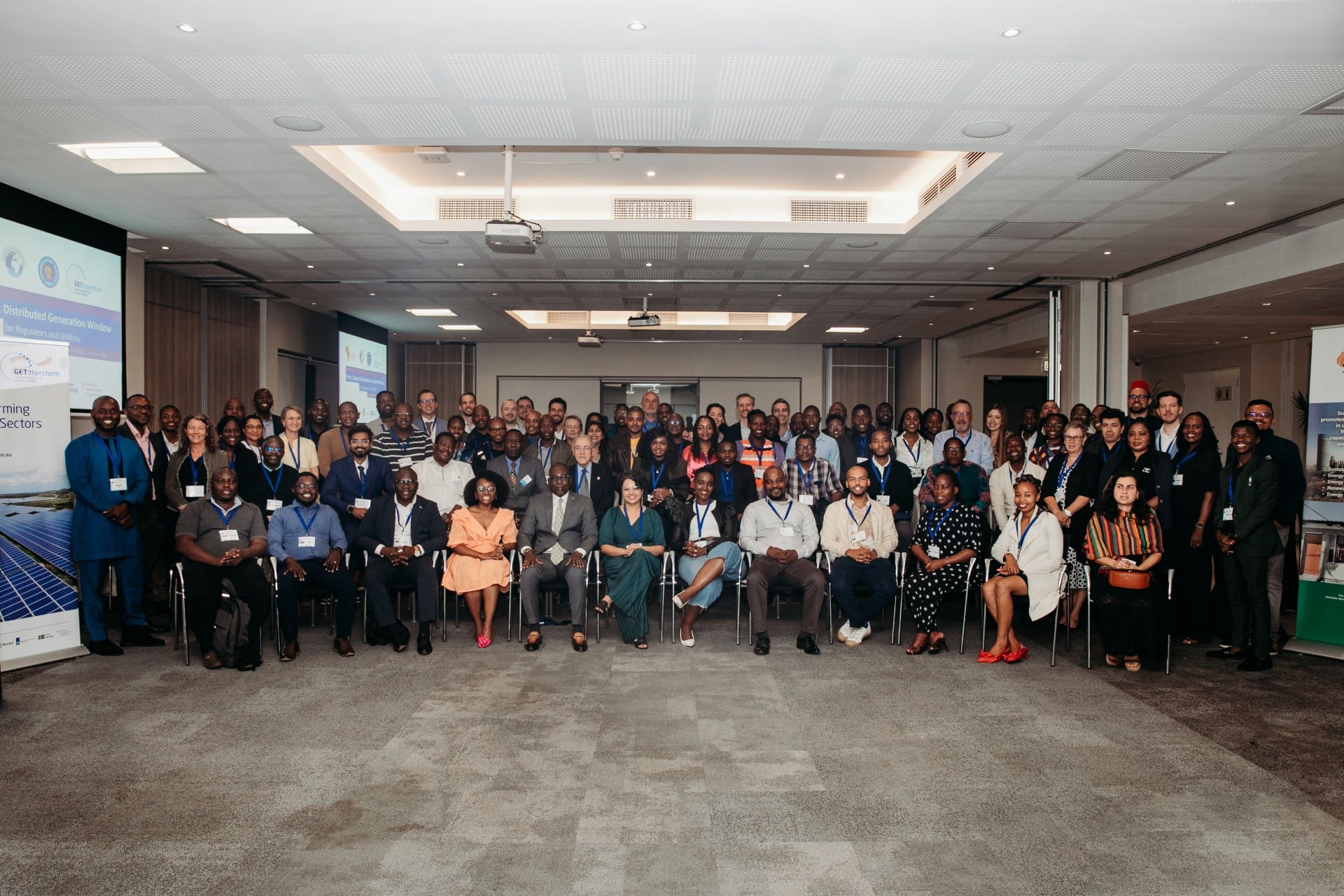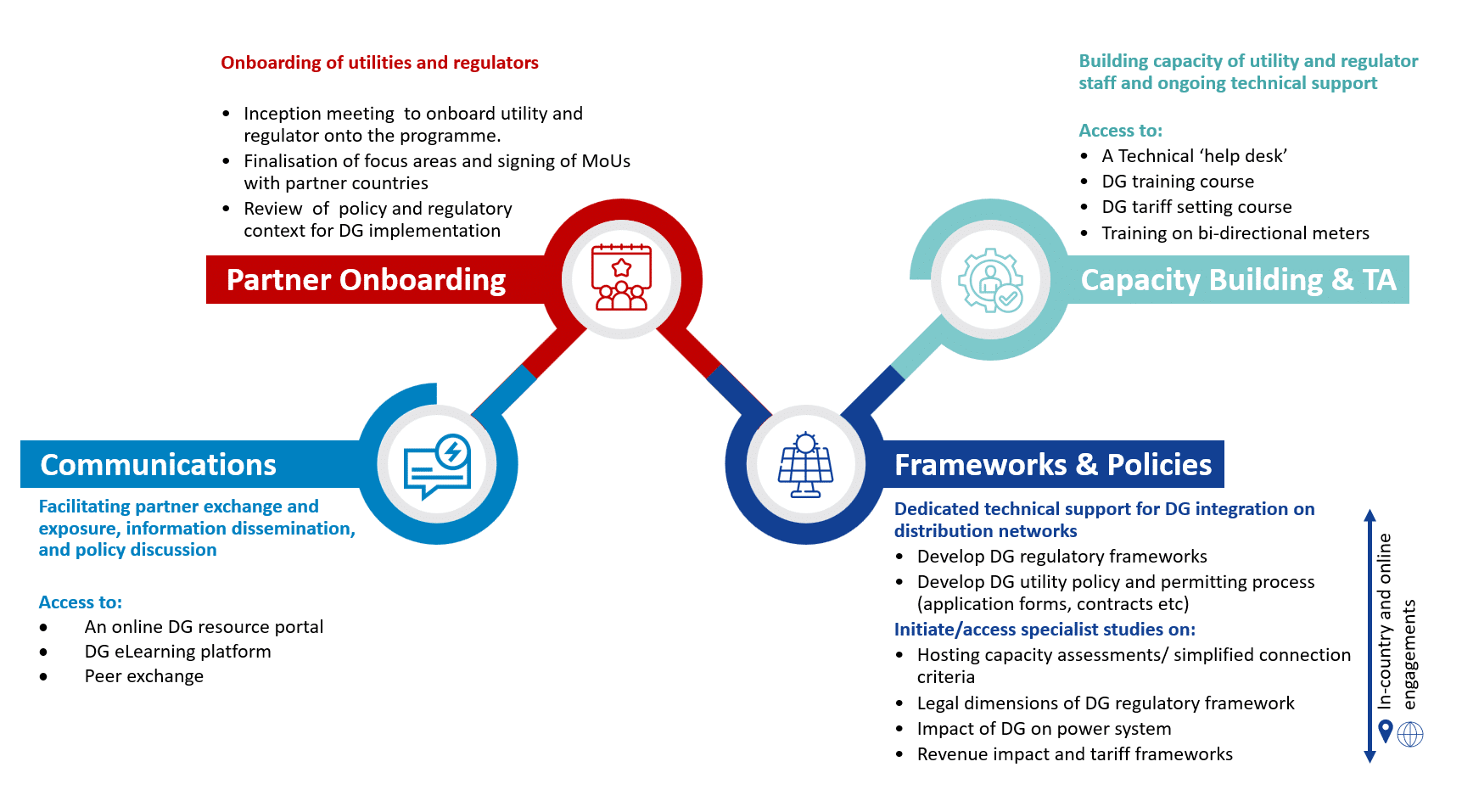Distributed Generation (DG) is rapidly permeating markets around the world as it can help to unlock progress towards a sustainable energy future. DG can contribute to decarbonising the energy supply and rendering it more cost-efficient, flexible and decentral. This trend presents a pivotal opportunity for Sub-Saharan Africa to leverage private capital, increase generation capacity and energy access. Recognising this potential, a new initiative officially launched in Cape Town yesterday that is dedicated to advancing the integration of DG into the region’s electricity networks.
The Policy Catalyst is an initiative by GET.transform and implementation partners to provide integrated capacity building and technical assistance on vital regulatory building blocks. With its first activity, the Policy Catalyst aims to support regulators and utilities in navigating the evolving distributed generation landscape. The Policy Catalyst DG Window is being implemented by GET.transform and Sustainable Energy Africa (SEA) in partnership with the African Forum for Utility Regulators (AFUR) and the Association of Power Utilities of Africa (APUA).
DG describes electricity generation from small-scale system that are connected to the distribution network – often from renewable sources such as roof-top solar at a customer’s premises – as opposed to traditional centralised generation typically connected at the transmission level.
While the deployment of DG is accelerating across Africa, the absence of comprehensive regulatory frameworks and permitting processes poses a significant barrier. The DG Window steps in to bridge this gap by enabling energy sector stakeholders to facilitate a seamless and financially sustainable integration of DG unto distribution networks.
Participating energy ministry, utility and regulator representatives from Uganda, Namibia, Lesotho, Eswatini and Mozambique have gathered in Cape Town this week to kick-start the window implementation with a technical workshop. As the programme progresses, a suite of tailored services will equip them with the technical, regulatory and institutional capacities required to facilitate DG implementation.
Joel Nana, Project Manager leading the activity at SEA, highlights: “Beyond the regulatory and technical support, we at SEA are excited to work on the initiative because DG has the potential to help rebuild African grids from the bottom-up by facilitating the democratization in the ownership of productive assets.
“Through empowering regulators and utilities with tools and knowledge to navigate the complex area of DG integration, we hope to lay the foundation for a sustainable energy ecosystem on the continent that will drive socio economic development as well as the achievement of SDG7″, adds Honore Demonou Tapama, chairman of AFUR.
Abel Didier Tella, Director General at APUA, emphasises that “a key aspect of the programme’s added value lies in the connections it creates. The participants tap into vital networking opportunities for knowledge exchange and lesson sharing among partner countries, specially utilities, on new approaches to facilitating DG implementation in Africa.”
Bhoomika Tiwari, Advisor for Off-Grid Regulation and Market Development at GET.transform, outlines the initiative’s potential: “The Policy Catalyst DG Window promises a pathway towards effective frameworks for successful DG integration and thus unlocks one important step further for energy sustainability in Sub-Saharan Africa.”



